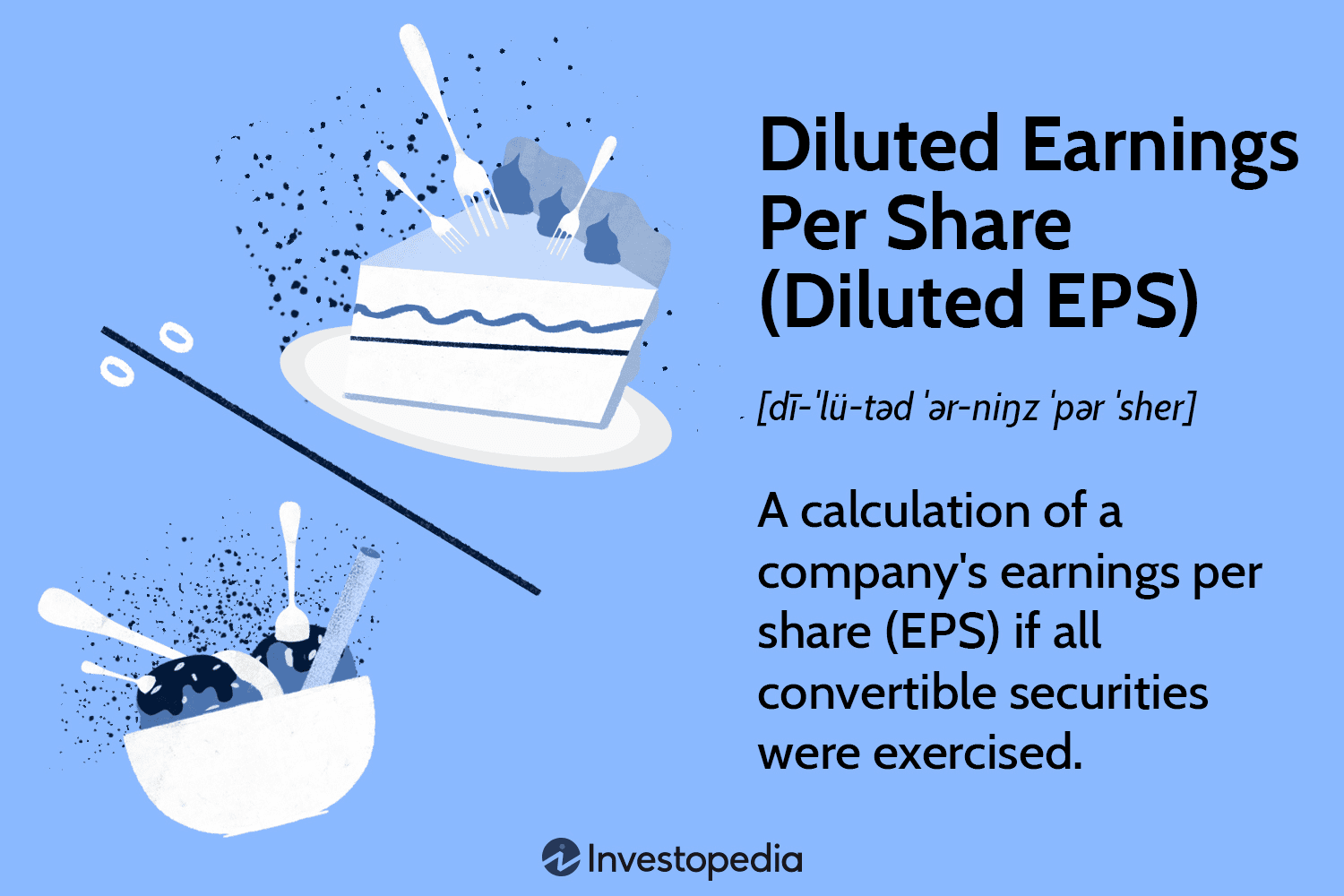When discussing the world of investments and finance, one term that often comes up is “diluted shares.” While it may sound complex, understanding the concept of diluted shares is crucial for shareholders and investors alike. In this article, we will dive deep into diluted shares, what they mean, and how they can impact you as a shareholder.
Table of Contents
What are Diluted Shares?
Diluted shares refer to the potential increase in the number of outstanding shares of a company’s stock. This increase occurs when a company issues additional shares, such as through stock options, convertible securities, or stock warrants. Dilution takes place because new shares are being introduced into the market, essentially diluting the ownership and voting rights of existing shareholders.
Dilutive securities, such as stock options or convertible bonds, have the potential to be converted into common shares, which can significantly impact the ownership structure of a company. When these securities are converted, the number of outstanding shares increases, and existing shareholders’ ownership percentage decreases.

Credit: www.abbott.com
The Impact on Shareholders
The impact of diluted shares on shareholders can vary depending on the specific circumstances and magnitude of dilution. Let’s explore some of the key considerations:
| Dilution Type | Impact |
|---|---|
| Stock Options | When stock options are exercised, new shares are issued, potentially reducing the value of existing shares. This, in turn, can dilute the ownership percentage of shareholders. |
| Convertible Securities | If a company issues convertible bonds or preferred stock, these securities can be converted into common shares, leading to dilution. The conversion ratio determines to what extent existing shareholders’ ownership will be diluted. |
| Stock Warrants | Similar to stock options, the exercise of stock warrants results in the issuance of new shares. This can dilute the value and ownership of existing shares. |
When the number of outstanding shares increases, the earnings per share (EPS) and the value of each share can be diluted. This occurs because earnings are divided among a greater number of shares. A lower EPS can negatively impact a company’s stock price and, consequently, the value of shareholders’ investments.

Credit: www.ourcrowd.com
Understanding Diluted EPS
One way to assess the impact of diluted shares on a company’s financials is by considering diluted earnings per share (EPS). Diluted EPS takes into account the potential dilution from outstanding convertible securities and stock options.
Diluted EPS reflects the lowest possible earnings a company could have if all dilutive securities were converted into common shares. By including the effect of dilution, diluted EPS gives a more conservative estimate of a company’s earnings per share.
When evaluating a company’s performance or making investment decisions, it’s crucial to consider both basic EPS (which does not consider potential dilution) and diluted EPS. Comparing these values can provide a clearer picture of a company’s financial health and growth prospects.
Conclusion
Diluted shares are an important concept to understand for shareholders and investors. The introduction of new shares through convertible securities, stock options, or stock warrants can dilute the ownership and value of existing shares. Dilution may impact earnings per share and, consequently, a company’s stock price.
By being aware of the potential impact of diluted shares, shareholders can make more informed decisions and assess the overall financial health and growth potential of a company. It’s always recommended to consult with a financial advisor or conduct thorough research before making any investment decisions.
